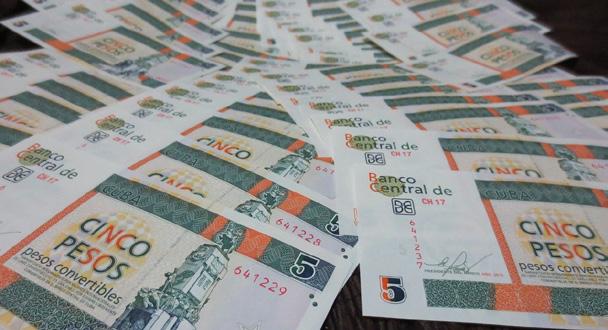
3 minute read
Workshop on sustainable social protection programmes in the Caribbean
Senior policy makers and social development specialists from the Ministries of Social Development of CDCC Member and Associate Member Countries gathered on 6 and 7 October 2020 for an online workshop, entitled `Leaving No One Behind in the Caribbean: Building resilience through universal social protection’.
The workshop was organized jointly by ECLAC Caribbean, the International Labour Organization (ILO), the United Nations Human Settlements Programme (UN-Habitat) and the Caribbean Catastrophe Risk Insurance Facility Segregated Portfolio Company (CCRIF SPC).
Advertisement
The session brought together approximately 50 delegates to participate in interview panels, case study discussions, and breakout sessions featuring interactive activities such as polls and (Q&A) conversations.
Participants interacted with panellists over the two days on a range of topics such as emerging tools and strategies for leaving no one behind (LNOB), which is the central, transformative promise of the 2030 Agenda for Sustainable Development and its Sustainable Development Goals (SDGs). It represents the unequivocal commitment of all United Nations Member States to eradicate poverty in all its forms, end discrimination and exclusion, and reduce the inequalities and vulnerabilities that leave people behind and undermine the potential of individuals and of humanity as a whole; planning for resilience in the Caribbean; and the Regional Agenda for Inclusive Social Development (RAISD) and its implementation in the Caribbean. This was adopted by ECLAC member States in October 2019, to support the implementation of the social dimension of the 2030 Agenda for Sustainable Development in Latin America and the Caribbean, especially in those areas linked to the mandates of the ministries of social development and equivalent entities.
Among those actively participating were representatives of social security institutions and civil society organizations, including those of women, youth, indigenous peoples, and persons with disabilities, as well as the private sector, trade union organizations and academia.
The workshop was designed to expand the capacity of policymakers in the Caribbean to develop and implement universal social protection
systems and programmes, and to enhance the competency of technical officers to measure inequality and identify the countries facing the most challenges, as a necessary first step in reducing inequalities through social protection.
The workshop allowed participants to share their ideas for policies for advancing social and labour inclusion. They prioritized productive high-quality employment; decent work opportunities for women, persons with disabilities and youth; formalization of work, as well as closing the digital divide by recognizing Internet access as a basic necessity.
Participants also indicated interest in more and longer workshops in the future. The breakout sessions were flagged as a highlight of the workshop. Respondents of the survey rated the workshop design, overall workshop, resource persons and facilitators very positively. Many felt that these were effective in helping them accomplish the workshop’s objectives. Participants identified those concepts, tools, and examples that they considered most useful to them, suggesting that the workshop was successful in meeting a range of their expectations.
Cubans receive last of remittances via Western Union

Western Union closed its 407 locations across Cuba on 23 November 2020, a sanctions-driven move that left thousands bereft of remittances on an island that depends heavily on these financial resources. .
The closure of offices that have operated for more than 20 years in Cuba was the fall-out from a barrage of sanctions that the Administration of US President Donald Trump imposed while courting conservative Cuban-American voters in Florida ahead of the 3 November election.
"The problem is not the closure of Western Union, but that Western Union is practically the only US-to-Cuba provider of remittance payments," said Manuel Orozco, director of the Center for Migration and Economic Stabilization at Creative Associates International, a development-oriented advisory firm in Washington, DC. "The impact will be felt."
While Cuba doesn't publish figures on remittances, economists estimate that it receives billions of dollars a year and Orozco said that roughly half came from the United States, and 20 per cent of the overall total through Western Union.
Some Cubans said they were taken aback by the imminent closures despite the sanctions being announced in late October. Eighty-two-year-old retiree Luis Nuñes said he found out when his son called him on Sunday night and deposited US$200 for him.
Many lamented the closures and the need to find less convenient or more costly alternatives. "We have other ways because there are private services that take it to your home ... but it's not the same," said Esperanza Piñeda, a 62-year-old retired teacher.


